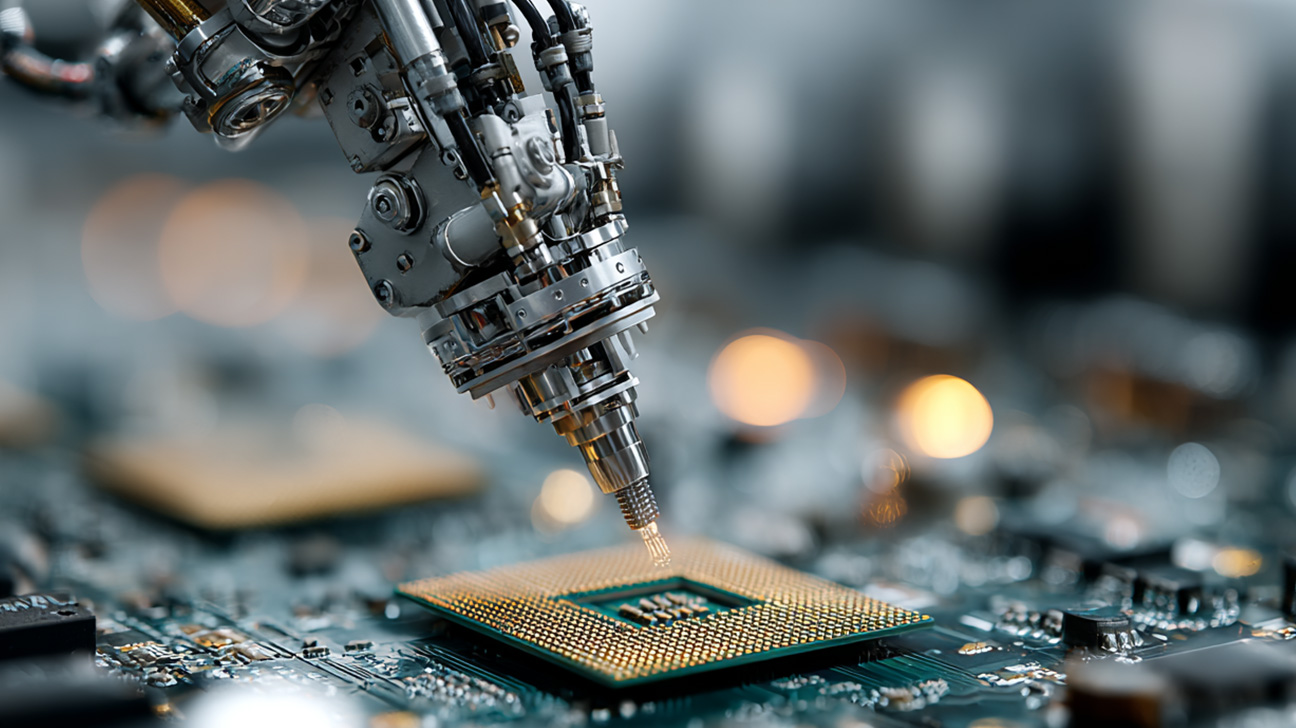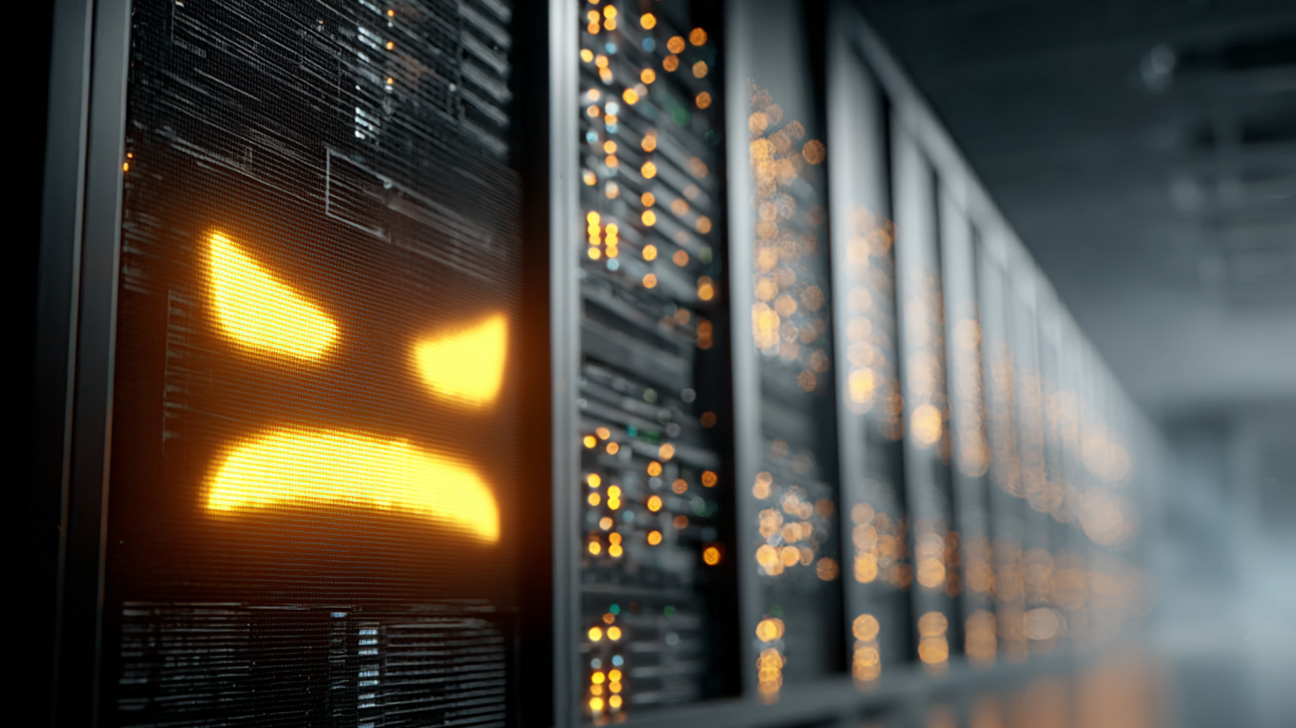InfoGuard AG (Headquarter)
Lindenstrasse 10
6340 Baar
Switzerland
InfoGuard AG
Stauffacherstrasse 141
3014 Bern
Switzerland
InfoGuard Com-Sys GmbH
Frankfurter Straße 233
63263 Neu-Isenburg
Germany
InfoGuard Deutschland GmbH
Landsberger Straße 302
80687 Munich
Germany
InfoGuard Com-Sys GmbH
Am Gierath 20A
40885 Ratingen
Germany
InfoGuard GmbH
Kohlmarkt 8-10
1010 Vienna
Austria
[Study] The future of apps, or how will your everyday life look like in year 2030

There is no question: due to the digital transformation, society is standing before a fundamental change. Concepts such as Virtual Reality and Augmented Reality (VR/AR), IoT, Industry 4.0, Blockchain or artificial intelligence are only a few of the items of tomorrow's technological repertoire. The study "The Future of Apps", lately published, sheds light on important technological and sociological development trends and prophesies the major trends of the digital future. Are you curious about how this future – and your every day life – will look like? Read ahead, for the answers and some future scenarios ...
Let us start with a look back. Do you still remember how your "digital life" was 15 years ago? Before Facebook, Google Maps, LinkedIn, Spotify, Twitter, Zalando & Co.? Train tickets, holidays and clothes could not be easily bought with an app. I am sure you would never have dreamed that someday you would grab your smartphone around 1,500 times in a week! Indeed, this number sounds ridiculous, but researchers have confirmed it. And consider that it is very difficult to predict the future, in such a dynamic world. Our partner F5 Networks has attempted, in their study "The Future Apps", to crystallise the major trends of tomorrow, and predict how they will change the ways in which we lead our professional and private life of every day. The result? It will hardly be thinkable that we may spend a full day without apps. On the other front, "Individual Reality" will come into our lives, and blockchain technologies and edge computing will become mainstream.
Apps think in our place, and make decisions possible
Artificial intelligence (AI), biometrics and machine learning significantly influence the direction in which the development of future apps leans. In the future they shall almost become our second brain, so to say. A possible scenario could be that your future financial situation will be predictable based on your habits. Another example: thanks to collaborative artificial intelligence we shall soon share our work with virtual assistants. The idea that right after waking up in the morning you will be able to watch your dreams afresh, is also concrete. Yet more: you will increasingly – possibly exclusively – use vocal commands to control your mobile device. A small but not irrelevant side remark: at the end of March 2017, third party speech-enabled applications offered for the Amazon platform Alexa was more than 10,000. An increase of 100% over the same quarter in the previous year. The general principle applies, that the better performing does AI become, the wider is the range of predictive and contextual actions that modern apps are capable of offering.
In the poster of the study of F5 you will find out more about, which technical milestones we are going to reach, cleanly structured into the areas of infrastructure, security and technology. View the poster in original size.
Individual Reality is the new conjunction of Augmented and Virtual Reality
An estimate by International Data Corporation (IDC) places the value of the west-European market of AR/VR at around 108 million USD. In 2020 it should rise to around 25.7 billion. As a result of the latest hardware innovations and mixed reality, our everyday life should change radically. For many communication functions, the user's whereabouts will lose significance, and apps will be capable of constructing an "individual" reality by means of learning and experience abilities, bringing us one step closer to a true digital existence. To keep pace with these trends, apps must be embedded in loose eco-systems, with all interfaces seamlessly integrated: speech, biometrics, and haptic functions.
Blockchain and Edge Computing will become mainstream
Decentralised data processing (Edge Computing) and blockchain will become mainstream. The development of other technologies, such as the Internet of Things (IoT) or the improved data protection for users depends on the developments in the field of decentralisation. On the side of users, peer-to-peer solutions increase in popularity, in correspondence with decentralised apps. A growing distrust towards established institutions sets the ground for this trend. Experts estimate that by 2020 around 65% (!) of all enterprises will have adopted the Blockchain technology. This is the right time for you to tackle this theme!
(Cyber) Security is and remains the alpha and omega
Trends or not, each technological development brings along its challenges and risks. To lay people it grows increasingly difficult to recognise them, and most important, to protect themselves against them. Even when using apps on enterprise mobile devices, these must be considered as important components in the cyber security of the enterprise, and appropriately integrated: from the device itself to the cloud or computing center. To guarantee effective mobile app security in your enterprise, turn to experienced cyber security specialists, like our own experts at InfoGuard, who are here for you today and tomorrow. We help you secure the future – your own future!
Details on the study:
The report "The Future of Apps" was prepared by The Foresight Factory on commission by F5 Networks. The study shows important development trends in technology and society and describes current mega-trends in apps. The work was based on results of original studies from 25 markets in the EMEA space, and interviews with leaders and significant entrepreneurs in the fields of automation, biometrics and IT. You can download the full report from here.
Imafesource & Poster: F5 Networks
Blog

Agentic AI on the Attack: How Human-AI Teaming is realigning Cyber Defense

Zero Trust 2026: These 4 steps work in IT, OT & cloud-first


